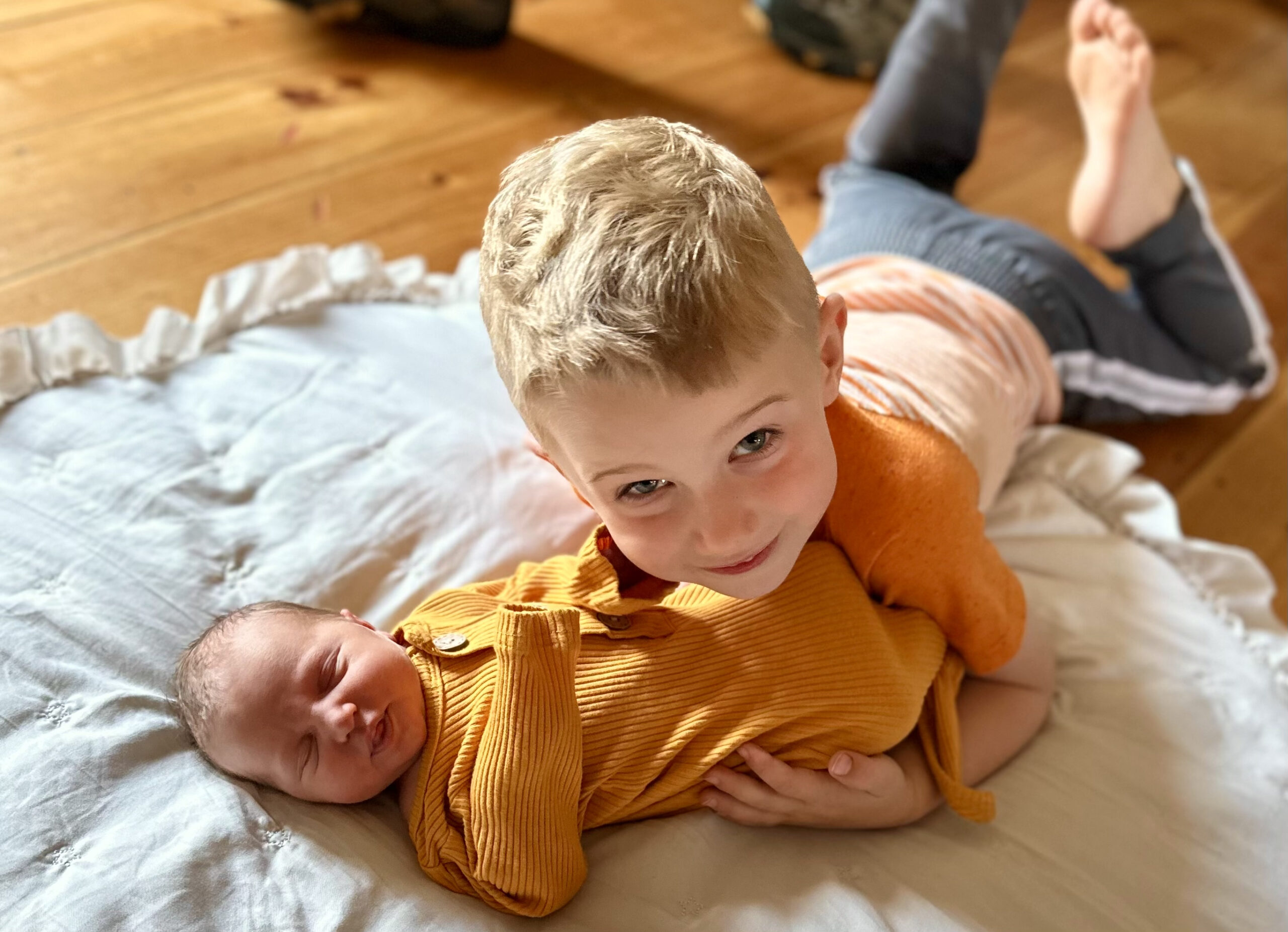“Behind a frowning providence,
He hides a smiling face.” – William Cooper
Loss is an awfully good wall builder. If you’ve experienced personal tragedy, that sentence doesn’t need much (if any) explanation. If you haven’t, you’ll learn its meaning when you do. Loss, however, doesn’t erect walls in a day. Sure, it may lay the foundation the moment you receive “the news” (You know, the news that’s still carved into your mind, like an unwanted tattoo—THAT news), but building the wall? That takes time. It’s a cruel joke, though, because Loss has all the time in the world. It’s not like it’s going anywhere; after all, it’s already gone, having taken something—more likely—someone with it when it left. If Loss only took away, it would be horrible, but it also leaves behind, making it nearly unbearable. Memories, what if’s, regrets, and unfulfilled futurities—these paralysis-inducing thought patterns sporadically bubble up in Loss’s wake. Without warning, you feel an electric shock shoot through your body the moment you remember, “They’re gone.” Your peripherals begin going black, as the walls close around you. “They’re gone.” The reverberating words begin beating the air out of your lungs. “They’re really gone.” Thoughts of denial begin racing through your mind, quickly chased down and apprehended by the cold reality: “They really are gone.”
Rinse.
Recycle.
Repeat.
Over, and over, and over again. It won’t stop, so what do we do? We allow Loss to build a wall between us and our emotions. The vicious cycle continues, but we’re able to distance ourselves from it—at least from its noise. But it’s still there—cycle by cycle, wearing away our emotions, deadening our senses, and bludgeoning our passions. Brick by hard brick, the wall is built. Layer by layer, it grows in height and depth, suppressing the agonizing shrieks of Loss and leaving in their stead inaudible and muffled cries of longing. Those cries, in turn, become a dull hum in the back of one’s mind—a flatlined heartbeat monitor unable to be unplugged.
Eventually, that monotone hum becomes the steady, undeviating rhythm of your life. A flatline doesn’t fluctuate, so it’s not a true rhythm; nor does it have a beat, so there’s no hope of finding a tempo or pattern, let alone a progression. It does have a singular, unending tone; which unhurriedly (though persistently) becomes the note—a lone, somber, steady note—dominating your life.
That is, until you see the face of God.
Christal’s heart flatlined on June 28, 2020. Since then, that hellish, monotone note wrapped our minds in a hymn of death—of Loss. The Loss, like tinted lenses, darkened everything in life to varying degrees. Please don’t misunderstand me: times of joy were really joyful! This is part of the grief paradox. You can be happy, truly happy, even while under its cloud and in its mist—but you’re still under its cloud and in its mist. The wall of Loss is unscalable, not impenetrable. Real laughter and sincere delight break through often, but the wall remains.
That is, until you see the face of God.
An emotional flood broke through our wall of Loss during the past few days. As we entered the maternity ward for the first time in over three years, memories began lapping at my mind: This is where it happened, I thought. This is where Jo laid bedbound for three weeks. This is where we attempted to save our daughter with every ounce of our own strength and by exhausting the limits of modern medicine. This is where we slowly learned that neither effort would be enough. This is where we listened to our daughter’s heartbeat slow and then stop. This is where we held her in our arms for the first and last time of our earthly lives. This is where Christal died. This is where the pain started. This is where the loss began. This is where the wall’s foundation was poured.
But on Wednesday, August 25, just before 7pm, the foundation began cracking. It started with a surprise visit from the incredible nurse who’d photographed our first daughter in 2020. A nurse who—incidentally—shared her name. She was working her last shift of the week and would be caring for Jo and baby until 7am on Thursday.
Crack.
During the night, she joined us in our room for extended periods of time, catching up, offering encouragements, and bringing her vivacious spirit to an exciting but equally nerve-wracking night.
Crack.
We were informed that upon delivery, we’d be placed in room 108: the exact room Jo and Christal had been in for three weeks. The room that had been the location of our greatest loss in 2020, would become the place of our greatest joy in 2023.
Crack. Crack. Crack.
Hazel Iris Mackey would enter our arms at 2:28pm on Thursday, August 2023. Hazel is derived from the Hebrew “Hazael” which means “God has seen;” and Iris means, “Rainbow.” Throughout the past three years, Jo and I knew attempting to get pregnant would mean a high probability of another heartbreak. We also knew Jo would be confined to limited mobility during her pregnancy. These storm clouds hung over our heads. These thoughts of Loss built an ominous wall. But, little by little, God would direct the rain from the clouds to begin eroding the walls of Loss. The cracked foundation began giving way, and large portions of the wall crumbled. As the dust began to settle, we began glimpsing the outline of a rainbow—a promise. It gradually grew brighter, revealing the One Who’d been with us all along.
“Behind a frowning providence, He hides a smiling face.”
I’ve come to believe that God doesn’t simply make beauty from ashes, but through them. He doesn’t just turn an evil situation into something good; the evil situation is the very circumstance producing in His children an indescribably joyous good. There is unplumbable mystery in this, and I don’t claim to have accurately sounded its depth. All I can do is look at the greatest tragedy of my earthly life (so far) and see how it has produced the most amazing, eternal good. Even when I look into the darkest moments of my past, I catch an obscure glimpse of God’s smile. We see our Maker through a glass darkly, after all; but one day we will see Him face to face. Then, and only then, will the dark clouds of grief and walls of Loss fully make sense to us. Rather than making them disappear, however, God will reveal the parched land in our lives watered by the rain, and the glorious artistry built through our pain.
Loss is an awfully good wall builder, but it ultimately works for God.

